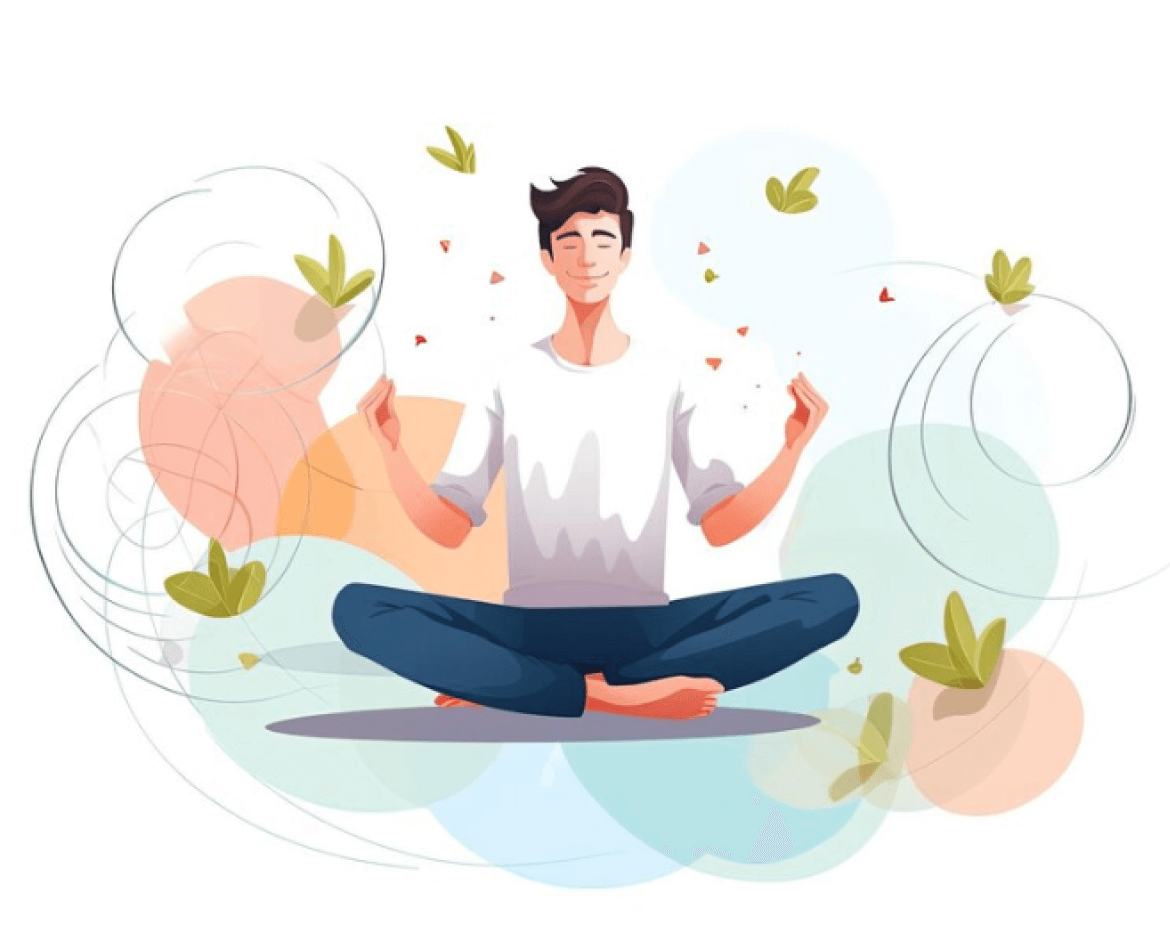
Mindfulness, a practice rooted in ancient traditions, has gained significant attention in recent years for its profound benefits on mental health and overall well-being. As we delve into how mindfulness techniques can positively impact teens and young adults, it’s crucial to understand the essence of mindfulness itself and its relevance to this demographic.
During adolescence, the brain undergoes remarkable changes, shaping individuals’ cognitive, emotional, and social abilities. However, this period also renders teenagers vulnerable to stressors that can impede their development. Recognizing the intricate workings of the teenage brain is pivotal in comprehending why mindfulness holds such promise in this stage of life.
Stress reduction
Adolescence is often marked by academic pressure, social dynamics, and self-discovery, leading to heightened stress levels. Mindfulness offers adolescents tools to navigate stress more effectively, promoting mental resilience and well-being.
Improved focus and attention
In a world filled with distractions, cultivating mindfulness fosters the ability to sustain attention and engage fully in the present moment. This skill is invaluable for academic pursuits and personal growth.
Enhanced emotional regulation
Teenagers grapple with a myriad of emotions, from joy and excitement to anxiety and anger. By practicing mindfulness, they develop greater emotional awareness and regulation, leading to healthier relationships and self-understanding.
Better decision-making skills
Mindfulness encourages thoughtful reflection and discernment, empowering teens to make conscious choices aligned with their values and aspirations. This skill is particularly crucial as they navigate complex life decisions.
Creating a daily mindfulness routine
Consistency is key in mindfulness practice. Encouraging teens to set aside dedicated time each day for mindfulness fosters habit formation and deepens their practice.
Mindful eating habits
Encouraging mindful eating practices promotes healthy relationships with food, fostering gratitude and awareness of nourishment.
Mindfulness in communication and relationships
Teaching teens to approach interactions with presence and empathy cultivates deeper connections and fosters effective communication skills.
Mindful studying techniques
Integrating mindfulness into study routines enhances focus, memory retention, and information processing, optimizing academic performance.
Mindfulness in sports and physical activities
By bringing attention to movement and sensations, athletes enhance performance, prevent injury, and foster a sense of flow and enjoyment in sports.
Integrating mindfulness into creative pursuits
Whether in art, music, or writing, mindfulness ignites creativity by quieting the mind and tapping into one’s innate creativity.
Creating spaces where teens feel safe to explore mindfulness and share experiences fosters a culture of acceptance and growth.
Parents and educators play a pivotal role in nurturing mindfulness in teens, serving as role models and creating supportive environments that prioritize well-being.
Mindfulness holds immense promise as a transformative tool for teens and young adults, empowering them to navigate life’s challenges with grace, resilience, and authenticity. By embracing mindfulness, teens embark on a journey of self-discovery, growth, and profound well-being.

Copyright © 2024 Being Free All rights reserved
WhatsApp us